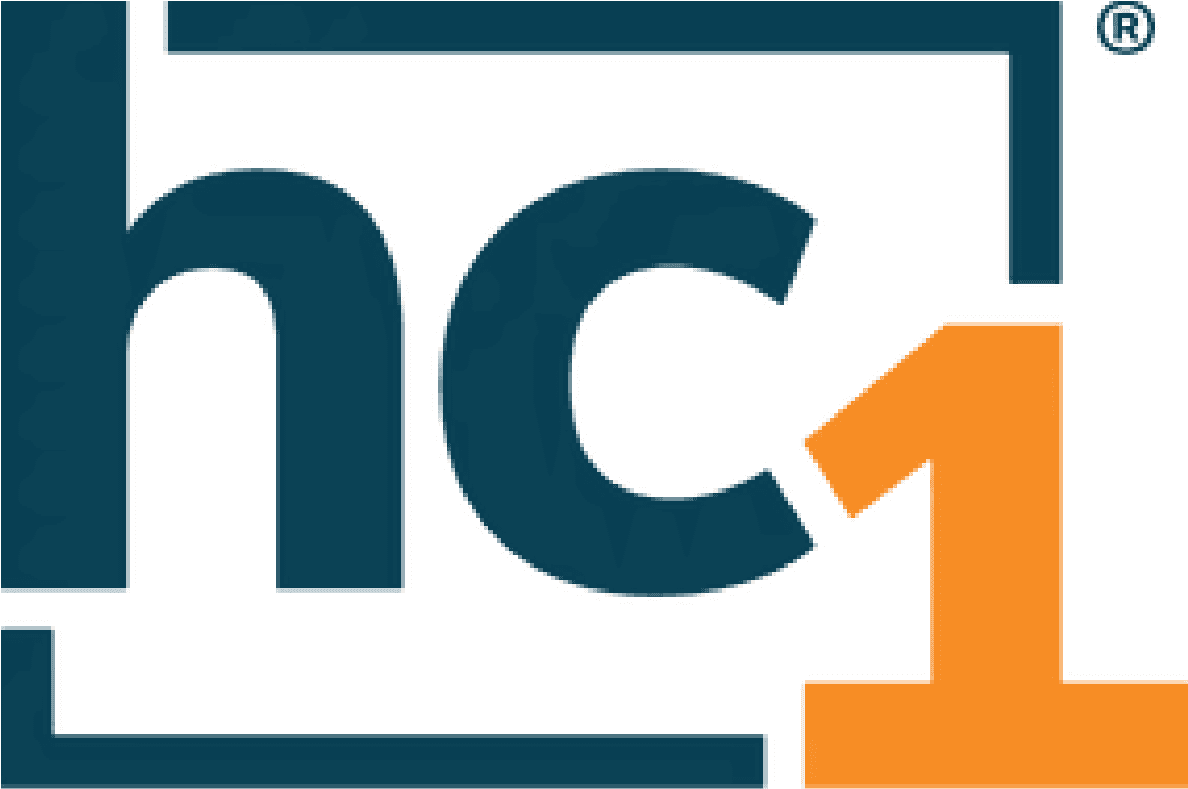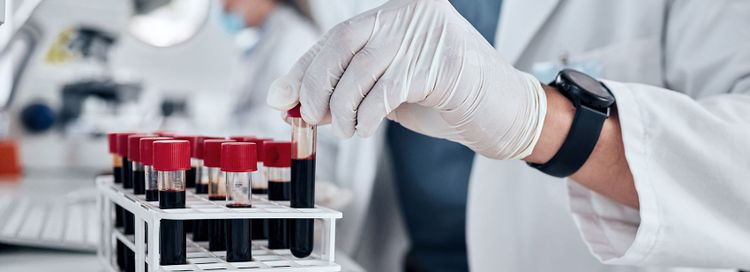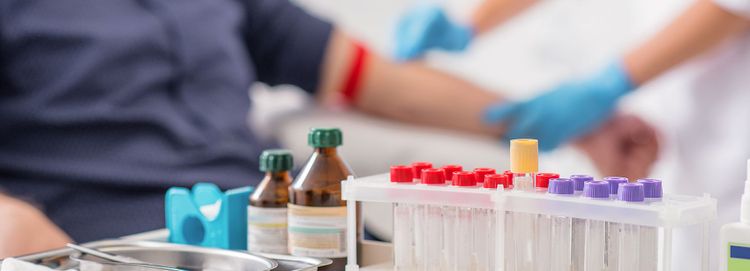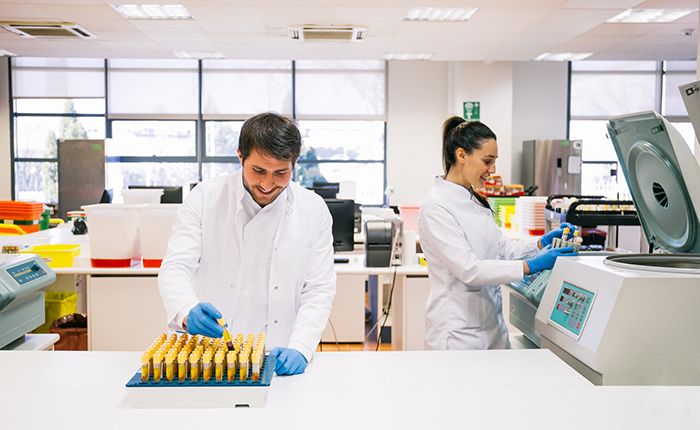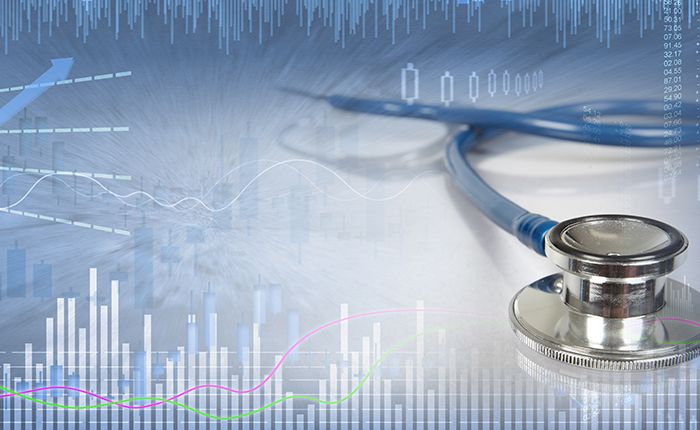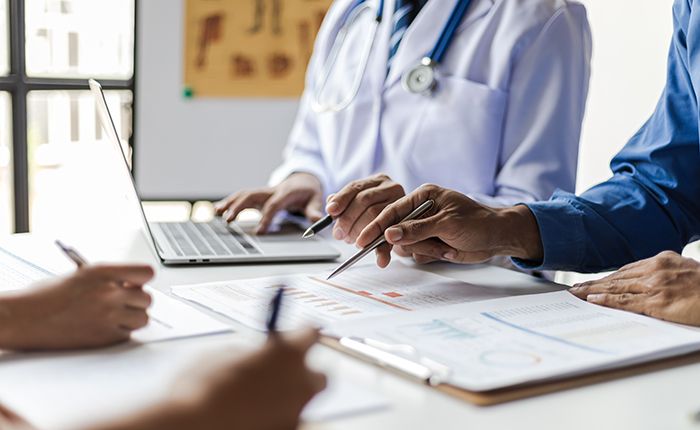October 25, 2022
If Socrates were alive today, his message of “know thyself” could be expounded upon to include the importance of knowing the details of your medical healthcare journey.
When you visit a medical provider one of the first things you encounter is a series of questions, typically asked by a nurse or medical assistant, regarding your health. They want to obtain your current health information as well as past medical history, a list of all medications you are currently taking and any you are allergic to before you ever see the provider. The answers to these questions may seem easy to deliver, however, the recollections you have about your complete healthcare history may contain gaps in information that could be critical to the care you receive. One misconception is that your provider already knows every aspect of your healthcare journey and can access it easily.
After several urgent care trips and visits to my regular provider over a period of 7 months resulting in an inconclusive diagnosis, I ended up in the emergency room. I had to provide blood and urine specimen samples, as well as receive a CT scan to determine the cause of the symptoms I was experiencing. A few hours and a surgical consultation later, a diagnosis was made and I was able to return home with a couple of prescriptions and medical directives to follow in order to heal and feel better.
This recent hospital ER visit happened to be within the same health system as my general practitioner, therefore a note was sent internally to my provider through the health system’s unified electronic health records (EHRs) for a follow-up. But what happens if you go to a hospital that isn’t within the same health system as your regular provider or they don’t utilize an EHR system? Is the medical information from that visit automatically sent to your provider another way? The answer is most often, no. What if you don’t have a general practitioner, how are you able to obtain all the detailed information you may need the next time you see a doctor?
These are common inquiries most of us are faced with and end up having to navigate ourselves without knowing exactly where to begin when records depicting our healthcare journey are needed. Doctors also face a risk in treating patients without the benefit of knowing complete medical record history, and patients can experience financial hardships for repeat and concurrent tests when doctors lack visibility into recent care.
Knowing the importance of getting test and scan results into the hands of my general practitioner, I requested that my test results and any medical notes be sent to my internist, as well as my specialty physician. A couple of weeks following my ER visit, I had my annual OB/GYN appointment and my provider was able to view the CT scan and immediately identified the root cause of all the symptomatic issues that had been overlooked by previous providers, including in the Emergency Department.
After my first urgent care visit, months prior to landing in the ER, not resulting in me feeling better, I began a hard copy medical journal. I recorded my symptoms in detail, along with herbal supplements, and over-the-counter (OTC) medications, as well as identifying specific information about prescriptions I had taken. I also was sure to note specific dates to create a timeline and included physical activities I took part in or refrained from due to symptoms or pain. I knew something was not “right” in my body, but I didn’t know what the cause was. Many times we have an intuitive sense that something is wrong, but trying to describe or decipher that notion can be difficult. The journal began to tell a story. This information along with the CT scan being sent to my OB/GYN was key in accurately identifying the problem.
My story isn’t unique; many individuals have similar stories. In today’s environment of seeing multiple providers—dermatologists, OB/GYNs, internists, etc. that may not be within the same health system, it’s vital to take charge of your medical information. There are several ways to organize this information. Johns Hopkins Medicine has shared methods for organizing your medical records and The Office of the National Coordinator for Health Information Technology (ONC) provides A Guide to Getting & Using Your Health Records as a helpful resource on how to obtain your medical information from providers and health systems.
There are a variety of personal benefits that stem from having all your medical information yourself. Your medical history can also benefit your children as they may have genetic or familial predispositions identifying the importance of receiving early scans and engaging preventative measures otherwise unknown. This article by Guava Health explains the 10 benefits of tracking your medical history and the advantages of keeping a detailed record of your healthcare. This will help you and your loved ones share vital information about your health with any provider you may see.
But how do you keep track of your health information? By the time you are in your 50s or older, you’ve likely garnered a mountain of personal medical information! Your current health provider may offer a patient portal where you and your provider(s) can log information and share communication. There are also free apps and digital storage platforms, such as Care Passport. The best way to begin is to jot down on paper what you remember. As you begin this process you will likely start to recall additional timelines throughout your life that will help in creating your healthcare map.
As health systems and medical labs nationwide recognize the importance of shared information, hc1 is playing an integral role in enhancing patient care by transforming lab data into personalized healthcare insights®, helping to connect siloed data within health systems, hospitals and labs to help the right patient gets the right test and the right prescription at the right time. For more information visit hc1.com.
______________________________________________________________
Lorri Markum is the marketing manager for hc1 Insights and has over two decades of corporate and nonprofit marketing leadership experience. Lorri specializes in B2B marketing and is SEO Certified. A graduate of Ball State University with a degree in psychology, digital communications and storytelling. For the past 25 years, Lorri has been a professional commercial photographer and photojournalist in the music industry. Before joining hc1 she served as the marketing manager for a nonprofit healthcare organization, serving 40 counties throughout Indiana.
